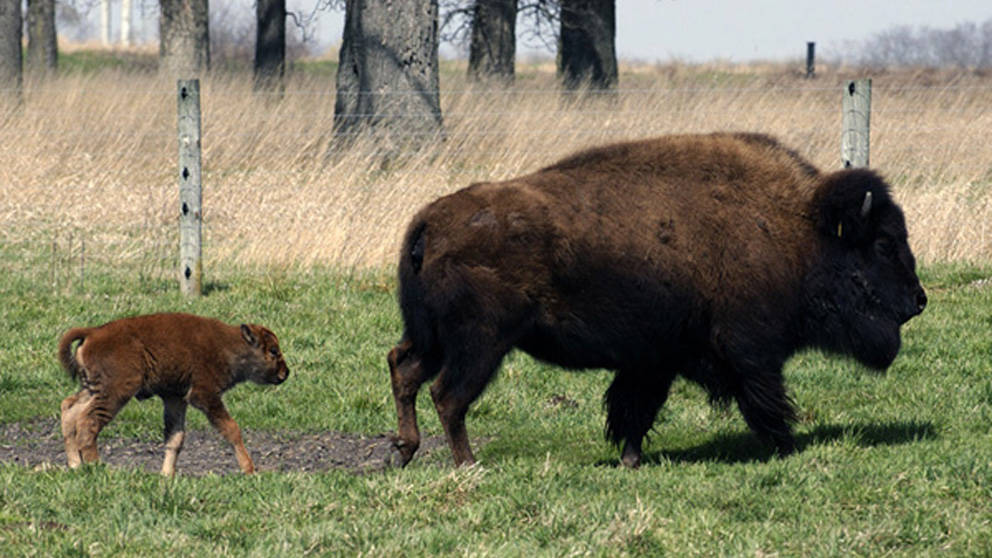
What makes a good mentor? How do you start a mentoring relationship? What steps should you take to keep it going?
These questions and others were shared during The Whole Scientist course in Bar Harbor during the last week of May. The course, which focuses on the development of skills in management, communication, teaching, and mentorship, featured a panel discussion with four seasoned scientists: three principal investigators at The Jackson Laboratory, and one a faculty member and chair at Middlebury College. The collective wisdom shared by this panel included the following:
- Keep communication open, honest, and frequent with your mentor or person you are mentoring. This will build trust between you in the long term.
- Set goals and share them. Communicating expectations is key to success for both parties.
- Be respectful.
- Listen.
- Schedule regular meetings — and keep them.
- Provide constructive feedback when possible.
- If you are mentoring a student, try guiding the student to find his/her own solution, rather than solving problems directly.
- Be aware of changes in your student’s behavior. Recognize that you may need to refer your student to a professional if he/she is struggling with situations outside of the laboratory.
 Melanie Sinche is an educator, writer, and career counselor with more than 15 years experience working with and advising graduate students and postdoctoral scholars in university, non-profit, and government agency settings. Her work at The Jackson Laboratory for Genomic Medicine focuses on the career and professional development of all trainees through the development of novel educational programming. Follow Melanie on Twitter at @melaniesinche.
Melanie Sinche is an educator, writer, and career counselor with more than 15 years experience working with and advising graduate students and postdoctoral scholars in university, non-profit, and government agency settings. Her work at The Jackson Laboratory for Genomic Medicine focuses on the career and professional development of all trainees through the development of novel educational programming. Follow Melanie on Twitter at @melaniesinche.
Things to look for in a mentor
Scientific staff at The Jackson Laboratory offer advice on what qualities you should look for when considering a scientific mentor.